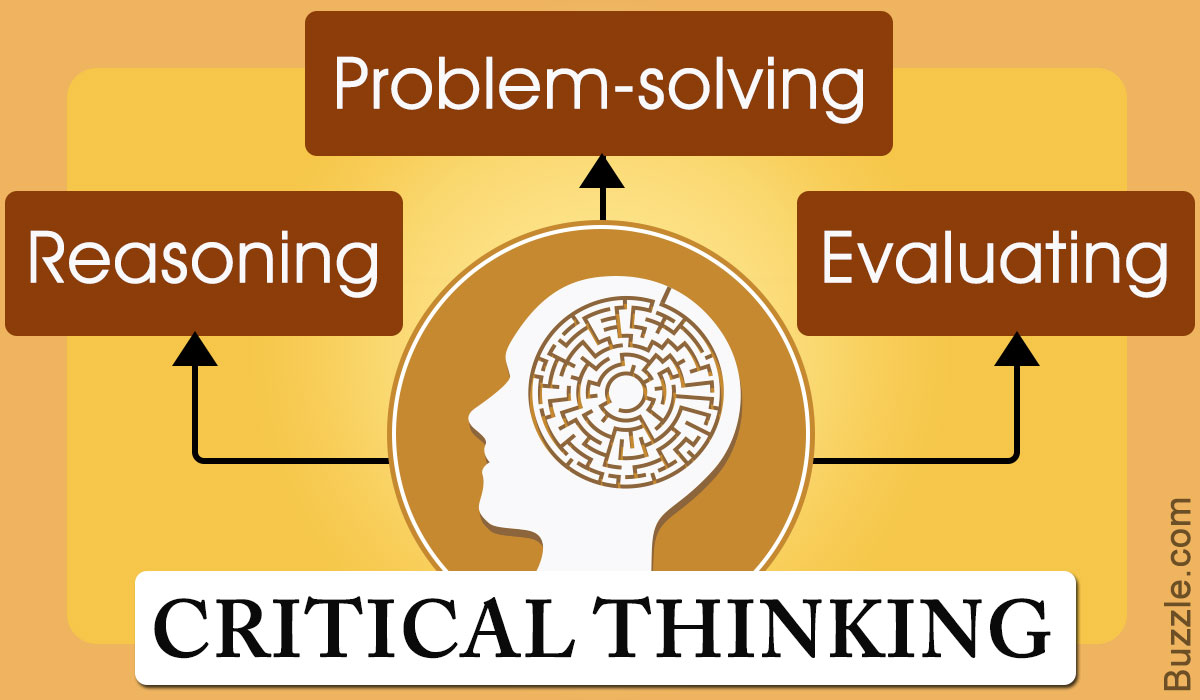I enjoyed the guest lecture today; however, I had issue with one of the referenced research articles. This research article was used to support the hypothesis that video games do not induce aggressive or violent behaviour in adolescents or adults. The first crucial point to make here is that it would be extremely difficult to determine the cause of these behaviours, particularly under the current ethics that govern adolescent research, and in general, isolating factors that would cause such behaviours. The second crucial point is that the referenced article was published in an open-sourced journal. What does this mean? It means that this journal lacks the rigorous peer-review process that other journals use. In the scientific field, we reference these articles with extreme caution, and often take it upon ourselves to investigate the credibility of their authors and institutions. I realize that open-sourced journals have many benefits as well, including, but not limited to, increased accessibility, and no or lower publication fees. However, with these benefits comes the removal of the most important vetting process for any publicized research, peer-review. Even the peer-review process is not free of fault. Many articles have passed the peer-review vetting that should have been rejected from the start. However, these instances do not nullify the importance of this step, and if anything, speak more to the necessity of peer-review. It has been interesting to participate in conversations about misconceptions and misinformation, and yet, it is evident that we are still far from perfecting critical analysis of the information we receive and sources we come across.


Hi Rande, I appreciate your critical review here. However, the point you have made that the “article was published in an open-sourced journal. What does this mean? It means that this journal lacks the rigorous peer-review process that other journals use”, is inaccurate. Many open access journals engage in the same rigorous peer review that closed ones do. I know this, as I publish in open access journals, and have reviewed for them.
Many scholars publish in open access to ensure that their research is available to the broadest public possible, whereas most closed journals are not widely available without a hefty price tag. Very happy to char more about this.
If you are interested here are some further readings:
University Affairs article unpacking the motivations for open access
Couture, M. (2017, July 12). Academic Publishing at a Crossroads. University Affairs. Retrieved from http://www.universityaffairs.ca/opinion/in-my-opinion/academic-publishing-crossroads/
Tri-Agency Open Access Policy Statement
Government of Canada. (2016). Tri-Agency Open Access Policy on Publications. Retrieved from Government of Canada website: http://www.science.gc.ca/eic/site/063.nsf/eng/h_F6765465.html
Thank you for your comment Michael. This is a perspective prominent within the scientific community, it is not merely my opinion. This is a topic we cover in first-year biology courses. Of course that does not mean all papers published in Open Source journal lack peer-review, but it is not a requirement, which I should have communicated and failed to. Here is an interesting article I quickly found by searching issues with Open Source journals https://theness.com/neurologicablog/index.php/a-problem-with-open-access-journals/